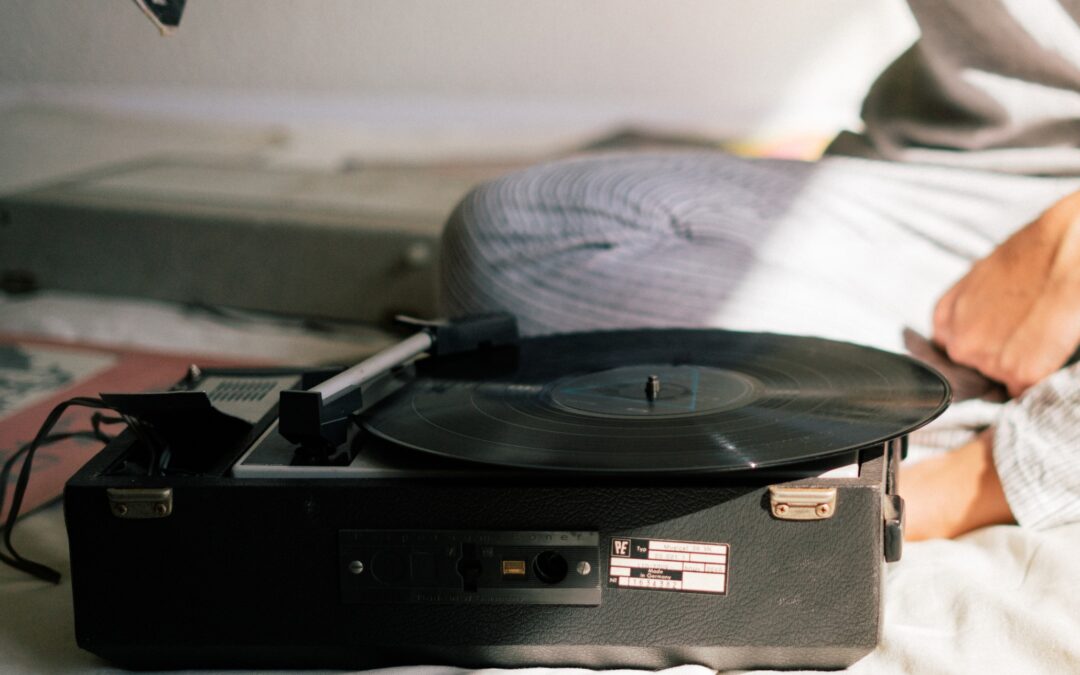Music alone has the ability to provoke different emotions and bring communities together. However, music therapy, in particular, has been around for centuries and has many benefits for addiction recovery.
Addiction can be a very complex disease that has both physical and psychological effects on the person struggling. It’s important to look into different forms of treatment for a holistic recovery to ensure a long healthy, and happy recovery.
According to the National Institute on Drug Abuse (NIDA), in 2022, around 20.4 million people in the United States were diagnosed with substance use disorder (SUD). This shows the continuous need for different addiction treatments, such as music therapy. Addiction is a chronic disease, that is caused by many different factors, including environment and genetics. It is not a moral flaw; those affected deserve effective treatment and support.
What Is Music Therapy?
Music can be used as a form of entertainment, relaxation, and a form of therapy. Depending on the type of music consumed, the effects can cause productivity, inspiration, and feelings of happiness. Music therapy is an evidence-based practice that can be used to support SUD treatment. This is a non-invasive, non-pharmacological treatment that can be beneficial for people from all backgrounds and ages.
This form of therapy is practiced alongside other forms of treatment in order to enhance the effects of treatment. In order to experience the positive effects of music therapy, it has to be utilized by a mental health professional. Before utilizing music alongside your current treatment plan, it’s important to understand both the benefits and limitations. This can help ensure the best possible outcomes for recovery.
What Comes Before?
Before you begin music therapy, you will be assessed for your specific needs and strengths. You may also start discussing your goals and what you specifically want to come from music therapy. In most cases, you will also discuss with your therapist the types of music you enjoy and which types you don’t enjoy. Prepping for music therapy can help ensure that the therapist understands your unique needs.
The Many Benefits of Music Therapy
One of the main benefits of music therapy for SUD treatment is the fact that it can be utilized in any context. This includes inpatient and outpatient programs along with individual and group therapy. Music therapy can be utilized in a comprehensive treatment plan that can include certain medications, behavioral therapy, and support groups.
Another common benefit of music therapy is to help reduce feelings of stress early on in SUD treatment. In many cases, the first few days of treatment are the hardest to adjust to and can be overwhelming. Music can help support you during this time to reduce your stress levels in a healthy way.
During treatment, there are often certain triggers that can cause the potential for relapse. Some of these triggers include stress, boredom, and loneliness. Music therapy can be used as a distraction from these certain triggers to help lower the potential for relapse.
Are There Limitations?
Music therapy overall has many benefits when it comes to helping with the treatment of SUD. However, it can also have a few limitations that are important to explore.
One major limitation of music therapy within SUD treatment is that certain songs or types of music can also be a trigger for past drug use. It’s important to understand which types of music can be a trigger to ensure that this can be avoided.
Another limitation of music therapy can be that the true benefits of music therapy can only be possible when utilized by a professional. The professional has to be trained specifically in music therapy to ensure that you receive the benefits that are possible from music therapy.
Music Therapy for Substance Use Disorder
It’s important to remember that music therapy is not meant to replace formal therapy. Instead, it is used to enhance other forms of therapy. Utilizing music during SUD treatment can be used to help you reach certain goals during treatment. This is because music can help with feelings of motivation and inspiration to reach your goals, such as increasing social interactions and creating a healthy lifestyle.
Often times SUD treatment can be lonely, and music can help increase communication and self-expression. This is because music can often help people explain how they feel if they are unable to express that using their own words. As mentioned above, music can also help form a community based on similar interests in music taste.
What Comes Next?
In the end, music therapy can be beneficial as an aid during SUD treatment. Unfortunately, addiction is a complex disease that affects many people around the United States. Due to this, there needs to be effective support and different forms of treatment to help as many people as possible. This is where music therapy comes in. If you are struggling and want something new alongside traditional therapy, our team at West Coast Recovery Centers can help.
If you or someone you know is struggling with addiction, consider incorporating music therapy into your treatment plan. Music therapy can provide a safe and supportive environment for individuals in recovery. This form of therapy can specifically help with self-expression, stress reduction, and distractions from triggers. West Coast Recovery Centers makes sure to prioritize mindfulness and self-expression during treatment. We can help you incorporate music therapy into your treatment plan. It’s important to remember that addiction is a chronic disease that requires ongoing treatment and support, and music therapy can be a valuable tool in your recovery journey. Reach out today at (760) 492-6509 for more information regarding our treatment program.




